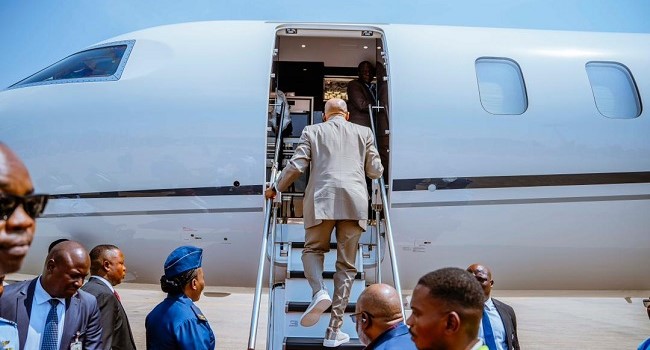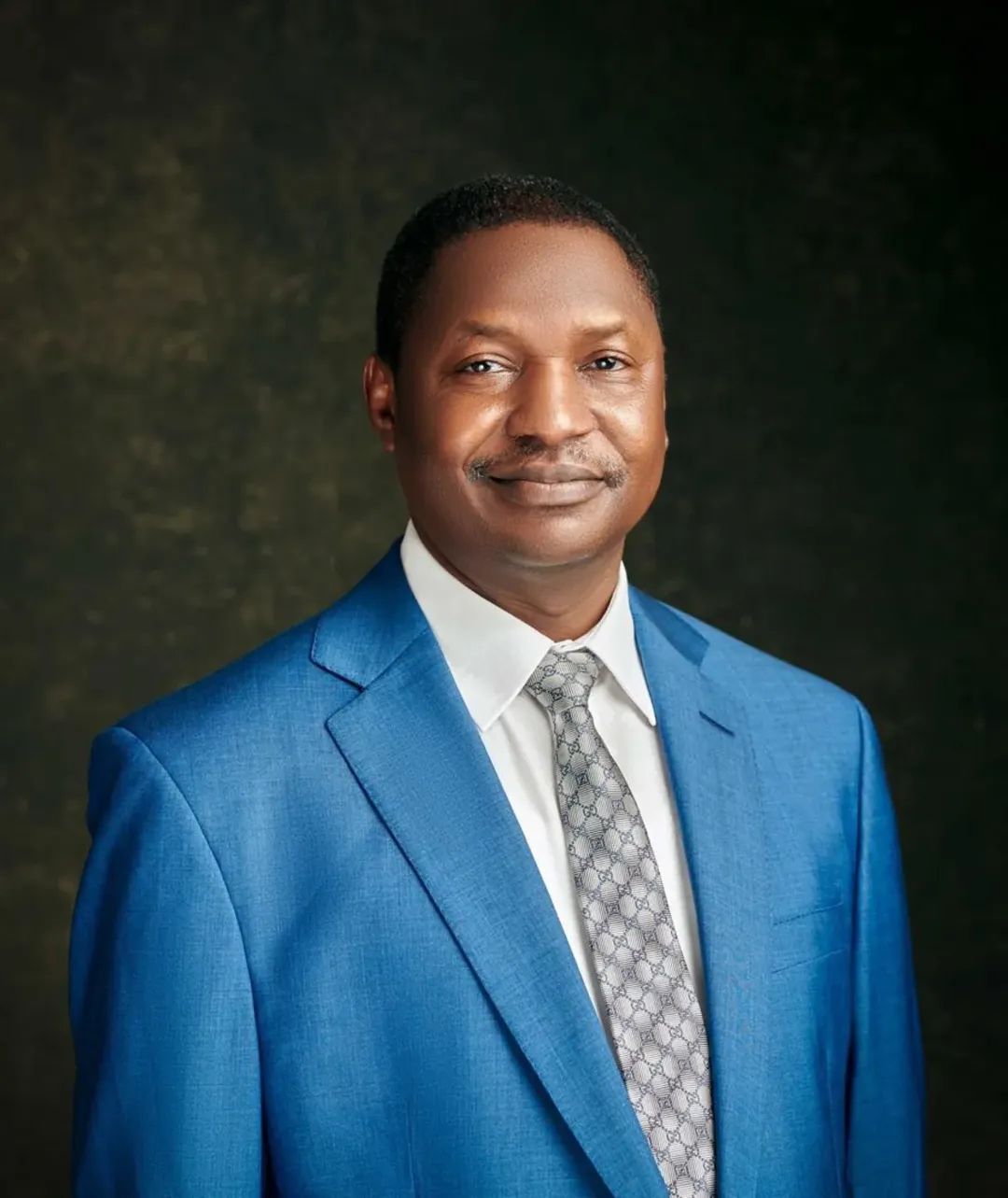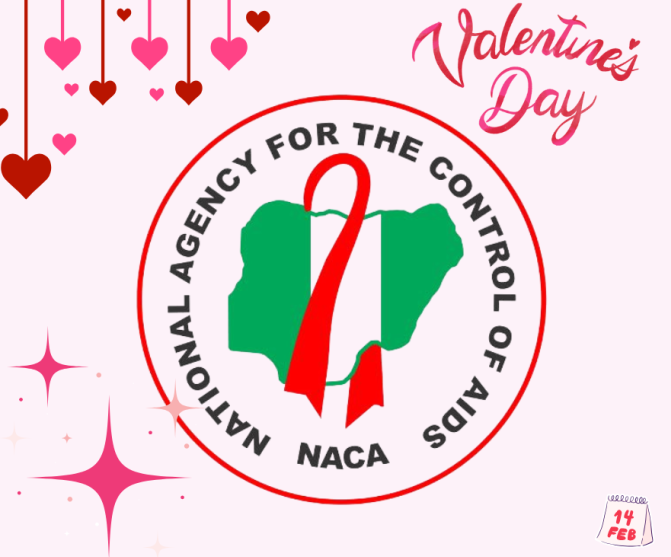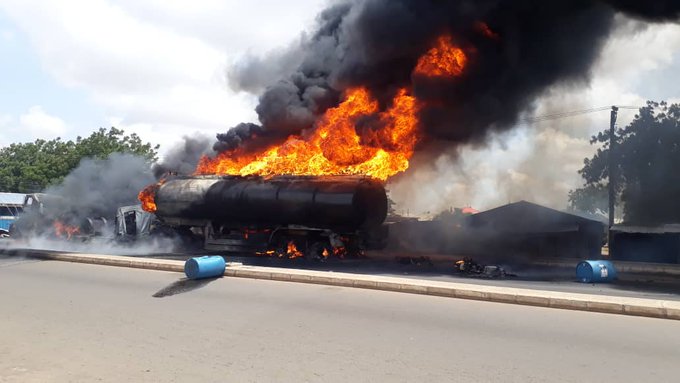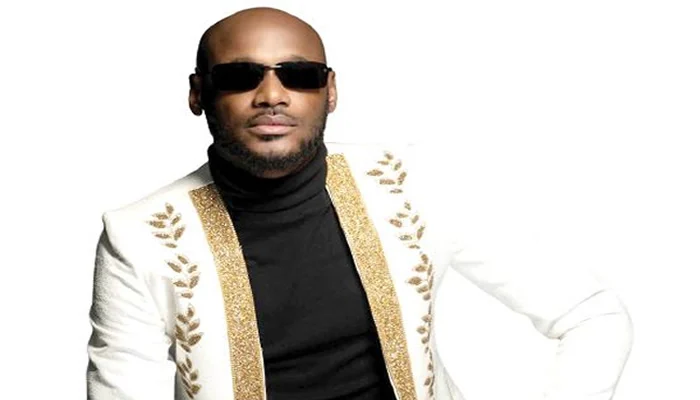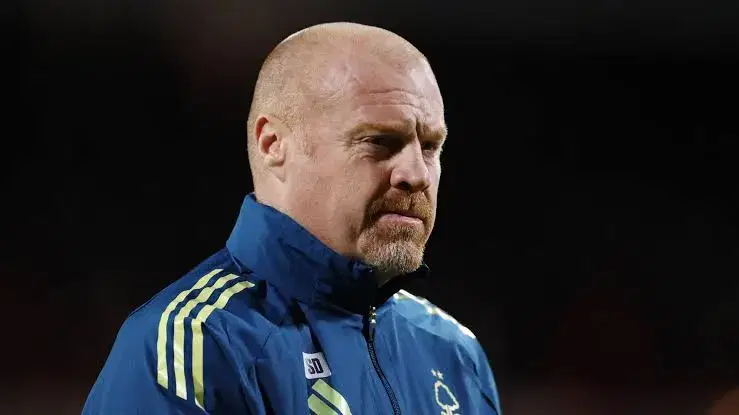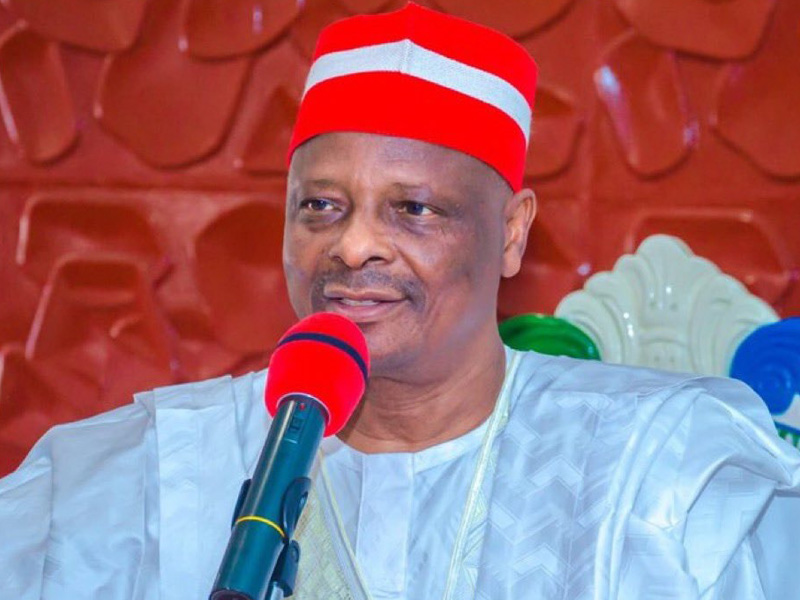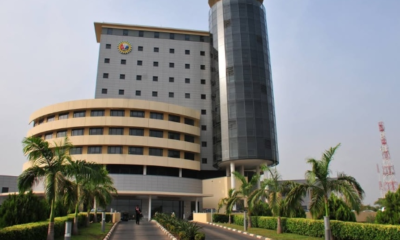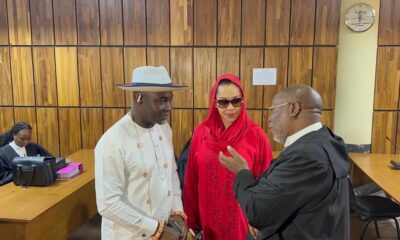News
FG says talks with U.S. yielding positive results
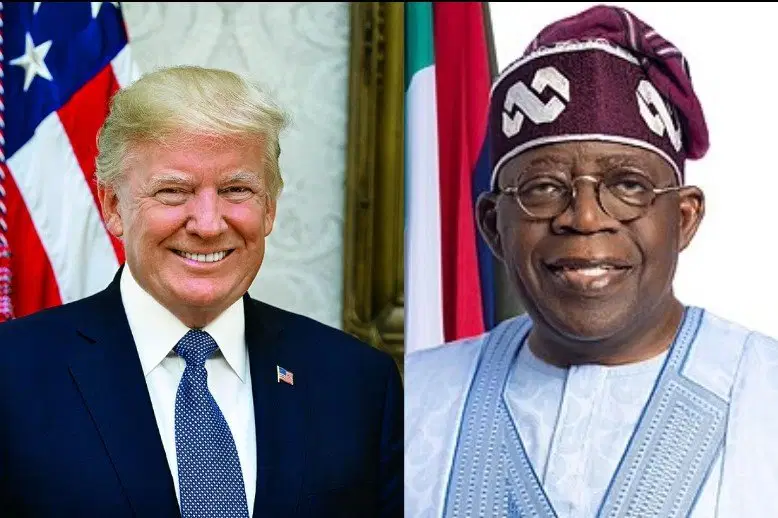
The Federal Government has said that ongoing diplomatic discussions between Nigeria and the United States are producing positive results, aimed at easing tensions between both nations.
Minister of Information and National Orientation, Mohammed Idris, disclosed this while speaking on Sky News’ “The World With Yalda Hakim” programme on Monday night. He said communication channels between both countries had been reopened, leading to a better understanding of Nigeria’s domestic challenges.
“Channels of communication have been opened, I can confirm that. We are talking to them, and I believe they are now appreciating the situation better,” Idris said, adding that some previous misunderstandings stemmed from an incomplete grasp of Nigeria’s complexity and diversity.
The minister also revealed that intelligence reports linked a proscribed separatist organisation in Nigeria with certain U.S.-based lobby groups allegedly misrepresenting Nigeria’s situation to American policymakers. He reaffirmed Nigeria’s commitment to its partnership with the United States in fighting terrorism, urging renewed cooperation to promote peace and security.
Meanwhile, U.S. Congressman Bill Huizenga has criticised Nigeria’s handling of ongoing attacks on Christians, calling for economic sanctions instead of military intervention. Speaking with Arise News in Washington, D.C., Huizenga expressed disappointment over what he described as the government’s weak response to religiously motivated violence.
He warned that the situation risked turning into a tragedy similar to Rwanda and South Sudan, saying, “We were too late on Rwanda, we were too late on South Sudan. Let’s not be too late again on this one.”
Huizenga, a key advocate for the U.S. resolution that once listed Nigeria as a “country of particular concern,” argued that sanctions would be more effective than direct military action. “Economic pressure and sanctions on individuals and organisations would be more effective,” he said, stressing that both Christians and moderate Muslims have been victims of coordinated attacks.
At the Vatican, Archbishop Fortunatus Nwachukwu, Secretary of the Dicastery for Evangelisation, described Nigeria’s insecurity as self-inflicted. Speaking in Abuja during his induction into the Knights of St John International, he blamed the nation’s deep divisions and intolerance for its recurring violence.
“Our differences should not be a source of confusion but of beauty in unity,” he said, urging Nigerians to see diversity as a strength and not a source of conflict.
In a related development, the Christian Association of Nigeria (CAN) in the 19 northern states and FCT urged Nigerians to embrace dialogue as a solution to national challenges. Its chairman, Rev. John Joseph Hayab, told NAN that Donald Trump’s recent comments on Nigeria should be seen as an opportunity for reflection, not anger.
“Many of those who started viewing it with anger are now seeing opportunities for cooperation and peace,” he said, encouraging dialogue as a way to build trust and end the killings across the country.
Similarly, the pan-Yoruba socio-political group, Afenifere, cautioned against a full-scale military approach to fighting terrorism, describing it as a multifaceted problem requiring intelligence, sincerity, and tact.
Afenifere’s spokesman, Jare Ajayi, reacted to reports that the U.S. military was considering options for intervention in Nigeria, saying such an invasion would be disastrous. “Going by what happened in Iraq and Afghanistan, only the enemies of Nigeria would wish for such a thing,” he warned, recommending cooperation in intelligence sharing, modern surveillance, and limited air operations instead.
In another reaction, Senator Orji Uzor Kalu said former U.S. President Donald Trump was right about killings in Nigeria, though both Christians and Muslims have been victims. “Trump told the truth, Nigerians are being killed, whether they are Christians or Muslims,” Kalu said.
He added that the problem stemmed from jihadist groups bent on destabilising the country, not from religious persecution. Kalu also said he had discussed Nigeria’s security concerns with two former U.S. Presidents and several Senators, who expressed willingness to assist Nigeria.
Meanwhile, President Bola Tinubu met with Chief of Army Staff Lt. Gen. Waidi Shaibu behind closed doors at the Presidential Villa, Abuja. After the meeting, the Army Chief assured Nigerians of improved security, saying his assessment of military operations, particularly in the Northeast, showed encouraging progress.
He said: “I came to brief the President on the outcome of my visit to the Northeast and to assess the general security situation across the country. It’s satisfactory within this period.”
Shaibu’s assurance followed intensified joint military operations in several states, including recent airstrikes by the Nigerian Air Force that neutralised hundreds of terrorists in Borno, Katsina, and Kwara States.
-
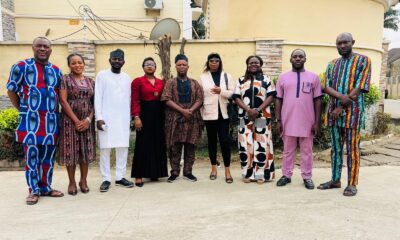
 NUJ FCT1 day ago
NUJ FCT1 day agoNUJ FCT partners Centre LSD on capacity building, mentorship
-
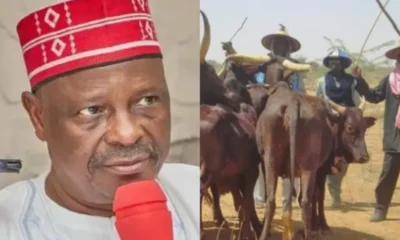
 News1 day ago
News1 day agoUS Lawmakers introduce Bill seeking sanctions against Kwankwaso, Miyetti Allah over alleged religious freedom violations
-
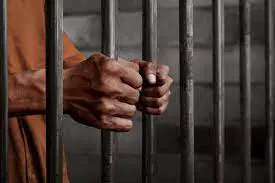
 News1 day ago
News1 day agoTurkish Court jails prominent TV Talent Manager over attempts to overthrow government
-

 News1 day ago
News1 day agoPort Harcourt Ring Road project: Julius Berger delights Gov. Fubara
-

 News1 day ago
News1 day agoAPC Congresses: Ex-APC NWC member warns Yilwatda against handing party structures to Governors
-
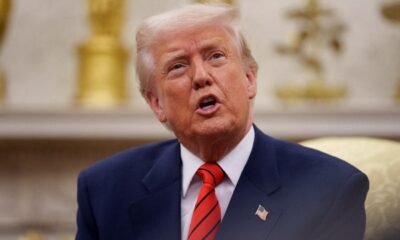
 World News1 day ago
World News1 day agoTrump hosts Netanyahu as Iran, Gaza top White House talks
-
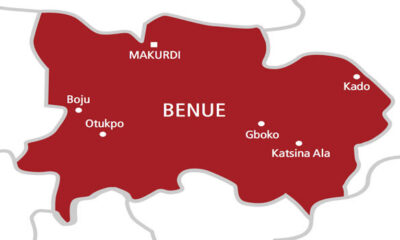
 News2 days ago
News2 days agoAgain, bandits abduct 14 passengers in Benue, kill two in fresh attack
-

 News1 day ago
News1 day agoNSITF dismisses allegations against MD, says claims are false, malicious

